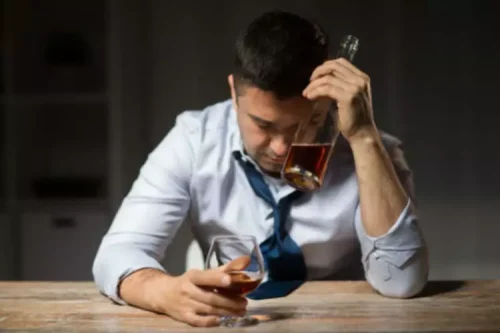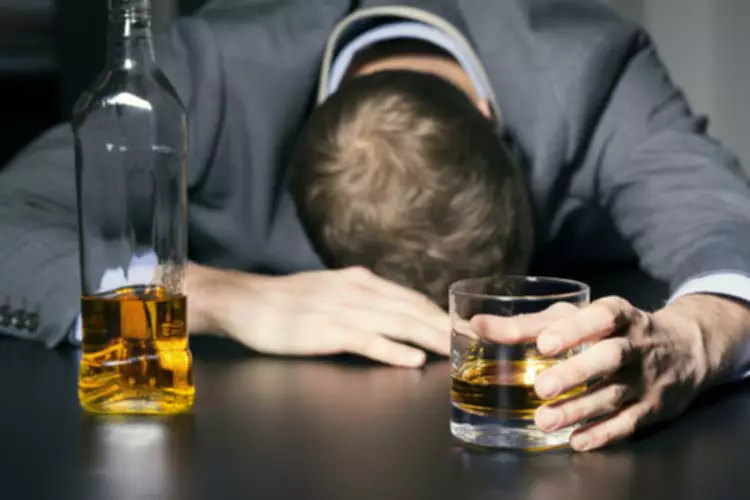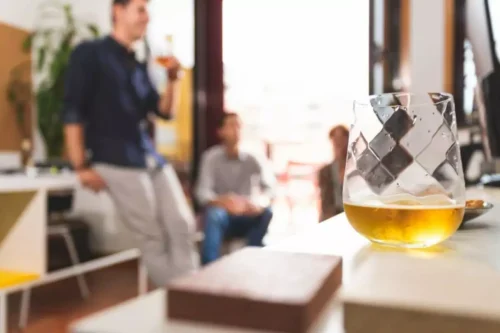
These sudden episodes of intense fear or discomfort are often accompanied by physical symptoms like chest pain, shortness of breath, and dizziness. Alcohol-induced panic attacks are typically triggered by the body’s heightened anxiety response during withdrawal. Individuals with pre-existing anxiety disorders may be more prone to panic attacks. Furthermore, alcohol can disrupt sleep patterns and worsen symptoms for those with existing anxiety disorders. It is important to be mindful of alcohol consumption and recognize its potential effects on mental health.
How alcohol affects your body and brain
Escitalopram is an SSRI that is particularly effective for generalized anxiety disorder. It works by increasing serotonin levels, which improves mood and reduces anxiety. It manifests as an inability to remain still or calm, often leading to fidgeting or pacing.
Treatment for Anxiety, Paranoia and Alcohol Addiction

If you experience hangxiety regularly or if your anxiety feels overwhelming, it might be a sign that your body isn’t handling alcohol well. This doesn’t mean you have an alcohol problem, but it could be worth thinking about how much you’re drinking and whether it’s affecting your mental health. Hangxiety is the anxiety you feel after drinking alcohol, usually the next morning. While a regular hangover can make you feel sick, dizzy, or dehydrated, hangxiety brings in feelings of worry, nervousness, or even panic. It’s your brain and body’s way of reacting to alcohol after the buzz wears off.
- Maybe you realize you’ve started drinking a bit more to feel the same buzz.
- Anxiety after drinking is an experience many face but understanding its duration helps demystify this uncomfortable phenomenon.
- However, excessive drinking can lead to imbalances in serotonin and dopamine, resulting in mood swings and anxiety.
- Alcohol can negatively impact your brain’s chemistry, increasing the risk of feeling anxious, depressed, or both.
- Over time, consuming too much alcohol can lead to blackouts, loss of memory, and even brain damage (especially if it causes other health problems, such as liver damage).
- During this time, you might feel restless, anxious, nervous, or jittery, just as you might if you were dealing with more severe alcohol withdrawal.
Guide to birth control methods & side effects

These symptoms occur because the body is adjusting back to its natural state without alcohol’s influence. Alcohol can trigger anxiety due to its effects on neurotransmitters and withdrawal symptoms, leading to heightened feelings of stress. The relationship between alcohol and anxiety is complex and often cyclical. For some individuals, the effects of alcohol on anxiety can extend beyond the immediate drinking session, leading to anxiety symptoms that persist for days afterward.
Overcoming Anxiety From Stopping Alcohol
If you wake up feeling miserable after a night of drinking, you don’t have to wait it out. Here are a few strategies to help you lift your spirits in the moment. When you regularly turn to alcohol to manage challenges and negative feelings, you may not take other actions that could help you address those problems effectively. It’s more likely to worsen negative mood states, along with physical health. It’s not uncommon to use alcohol to cope with difficult feelings and experiences.

Alcohol consumption makes many people urinate more frequently, which can contribute to dehydration. Most people also do not drink enough water to counteract the dehydrating effects of alcohol. Dehydration on its own can cause anxiety, and can certainly contribute to higher-than-normal anxiety levels after drinking. Often considered a first-line treatment for alcohol-induced anxiety disorder, sertraline is particularly effective for individuals with chronic anxiety.
The depletion of neurotransmitters like serotonin and dopamine, which regulate mood, can lead to frustration and short tempers. Irritability is more common in individuals who consume alcohol heavily over long periods. Younger individuals, particularly those in their late teens and early twenties, may be more susceptible to alcohol-induced anxiety due to the developing brain’s response to substances. Older adults may experience heightened anxiety after drinking due to age-related changes in metabolism and the body’s ability to process alcohol. As the body ages, it becomes less efficient at breaking down alcohol, leading to prolonged effects and increased anxiety. Heavy alcohol drinking frequently causes disruption in your sleep patterns, which can exacerbate feelings of anxiety or depression.
It falls under the broader category of substance-induced anxiety disorders, where substance use directly leads to anxiety symptoms. Research shows that people who drink alcohol are more likely to develop mental health problems. Conversely, people with mental health problems are more likely to rely on heavy alcohol drinking in an attempt to self-medicate and alleviate symptoms. There is a reciprocal relationship between alcohol use disorder and mental health disorders, which means that each disorder commonly causes the other. The practice of ‘skipping’ doses when you know you’re going to be drinking should also be avoided.

Exercise reduces stress hormones, such as cortisol and adrenaline, and triggers the release of endorphins, the body’s natural stress relievers and pain reducers. Doctors often attribute anxiety after drinking to withdrawal from alcohol. If you experience mild anxiety after having a few too many, it can alcohol make you anxious may be attributable to a much milder version of severe withdrawal.
- This can definitely cause anxiety and worsen any existing phobias or overthinking tendencies you may already have.
- Another factor that can contribute to hangxiety is the social context in which alcohol is consumed.
- Many people use alcohol as a way to relax and socialize with others.
- These blues usually don’t linger, though, so you’ll probably feel better in a day or so.
- Feeling physically well won’t completely resolve anxiety, but it can make you better equipped to tackle racing thoughts and worries.
Are certain drinks worse than others?
These blues usually don’t linger, though, so you’ll probably Alcoholics Anonymous feel better in a day or so. Surround yourself with supportive friends or family members who understand your struggles with both anxiety and drinking habits. Joining support groups like Alcoholics Anonymous (AA) can also provide community-based support from those who share similar experiences.
